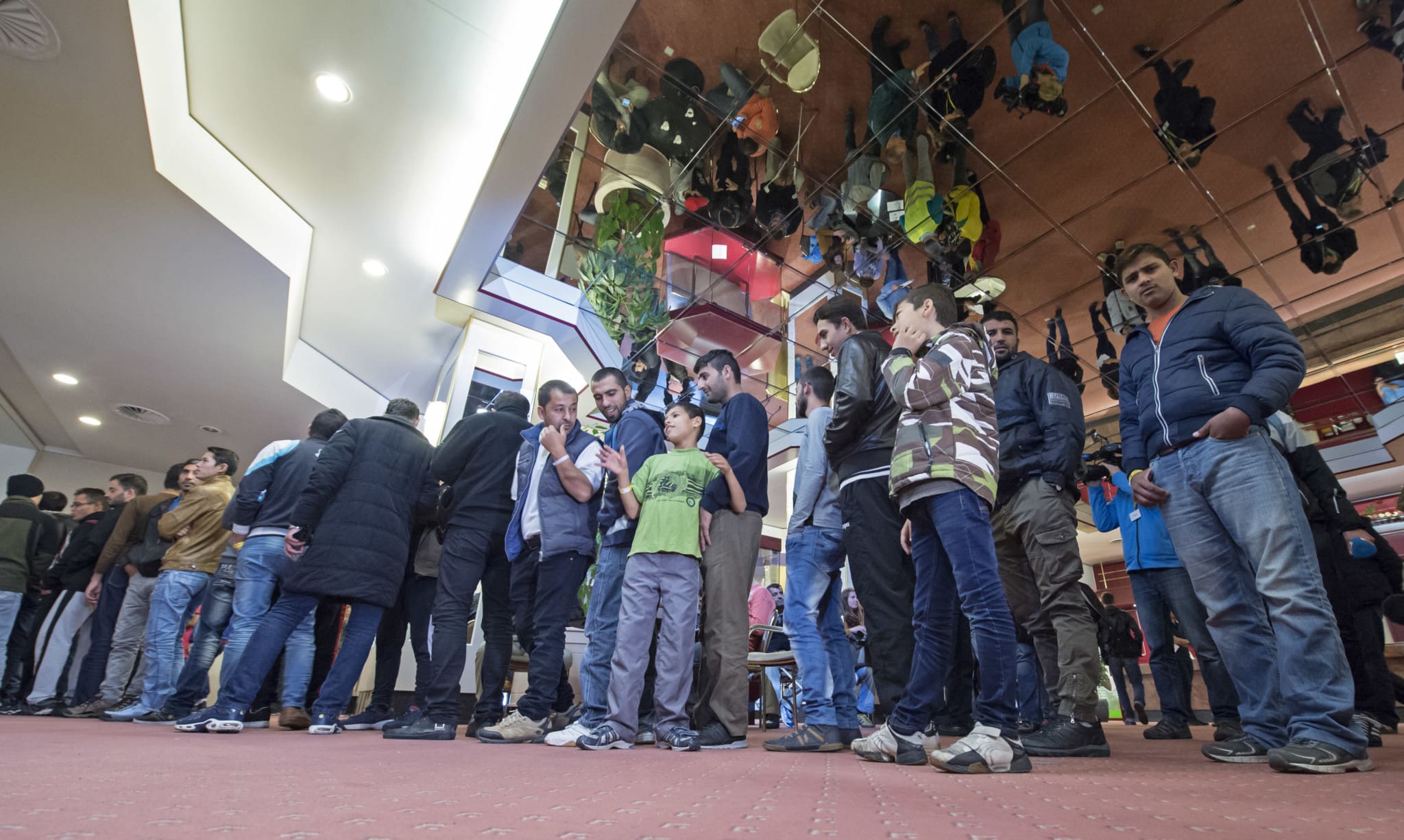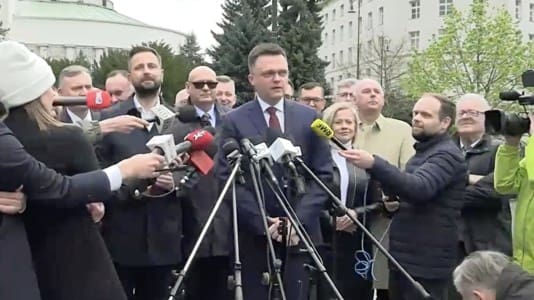The German federal government should stop talking about upper limits to its immigration policy, as such discussions send the “wrong signals,” a leading Green state politician has claimed.
Aminata Touré, who is the integration commissioner for the state of Schleswig-Holstein, recently told Germany’s Die Welt newspaper in an interview that the federal government must spend significantly larger sums of taxpayer cash on its migration policy; she also said they should not implement any quotas on skilled workers or asylum seekers.
“It makes no sense at all to send people away again who have not come to us as skilled workers, but who could work as skilled workers in time,” Touré told the newspaper.
She also called for the distinction between “good” and “bad” immigrants to be abandoned by German politicians. Touré insisted that deportations and repatriations are not conducive to building a “sensible migration and skilled labor policy,” calling for an end to determining asylum applications based on safe and unsafe countries of origin.
Rather than having quotas, German authorities should spend more to build up infrastructure to accommodate migrants and focus on improving public services.
[pp id=74638]
“We in Schleswig-Holstein have worked out a kind of emergency plan with the municipalities. Stage one: The country ramps up initial reception capacity to ease pressure on cities and communities. That’s what we did, and that’s why there’s still free capacity now,” the Green politician said.
Touré criticized recent statements made by conservative politicians who have warned against a repeat of the mistakes from the “Merkel years” of mass immigration, describing them as “difficult.”
She insisted that former German Chancellor Angela Merkel had not “ducked away” from the migration issue, but had “tried to create a social consensus for her policies.” Touré urged German authorities to start preparing to put in place the necessary structures ahead of larger migratory movements in the coming years.
For this to succeed, however, the federal government would have to make more money available to her state, Touré said. She dismissed the current €2.75 billion pledged as inadequate, claiming it would not even come close to covering the costs of the states.
Her remarks are at odds even with some of her own Green colleagues, including Tübingen Mayor Boris Palmer, who recently told Neue Osnabrücker Zeitung that “if we use all of society’s resources for the new arrivals, but there is nothing left for the local people, then this society will explode.”
[pp id=74490]
Both comments come following the news that the German federal government will spend more than €36 billion this year on its liberal migration policy, leading many critics to claim that the country is increasingly turning to debt in order to fund the ongoing migration crisis.
There are many other indirect costs to mass immigration not often reported, including the surge in real estate prices, more traffic in cities, larger and more difficult classrooms, longer wait times for medical care, and a host of other quality-of-life issues that have led the majority of Germans to become increasingly resistant to more immigration.
The costs of the crisis also come at a time when Germans are dealing with elevated inflation and a weakening economy.





